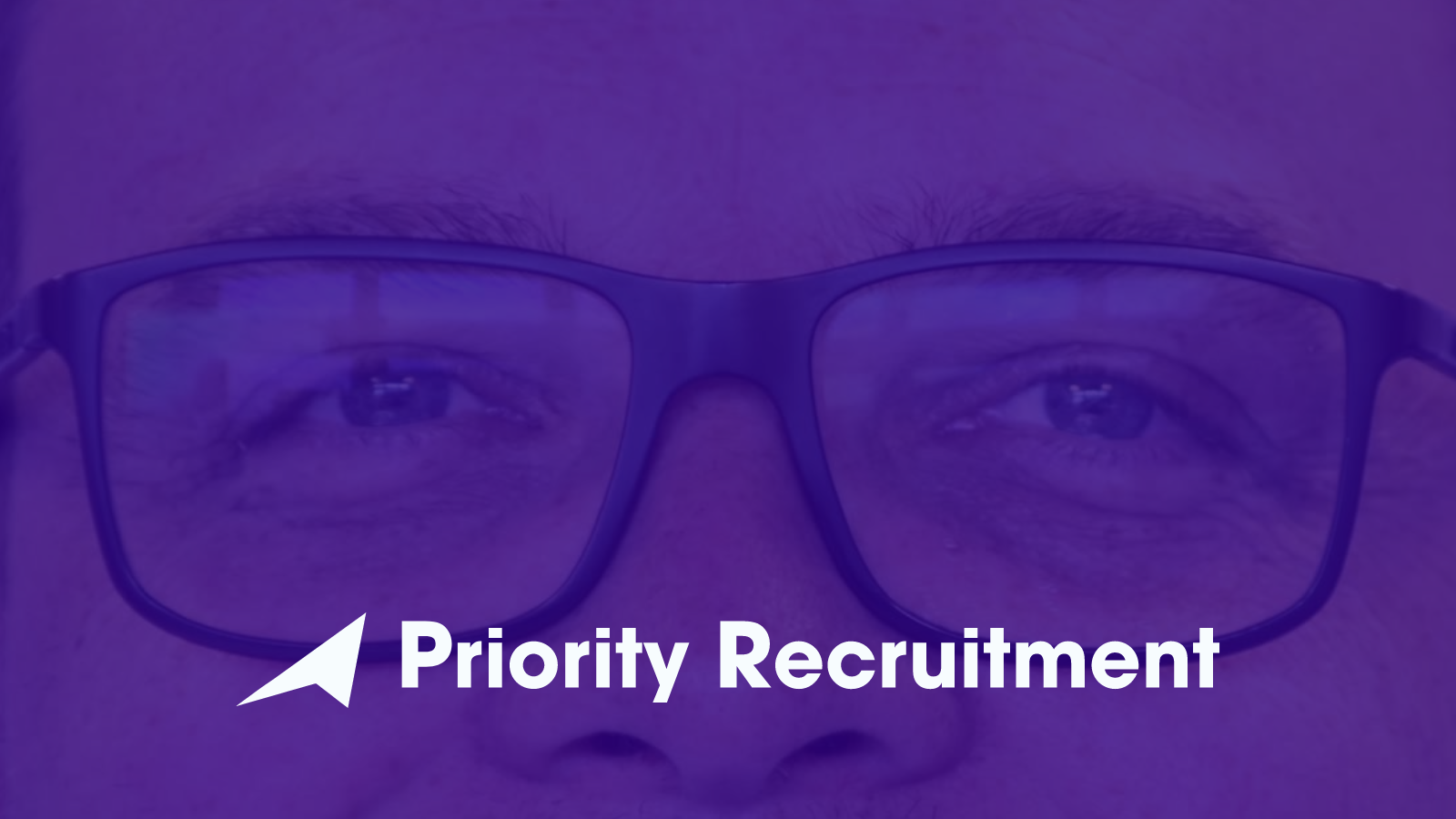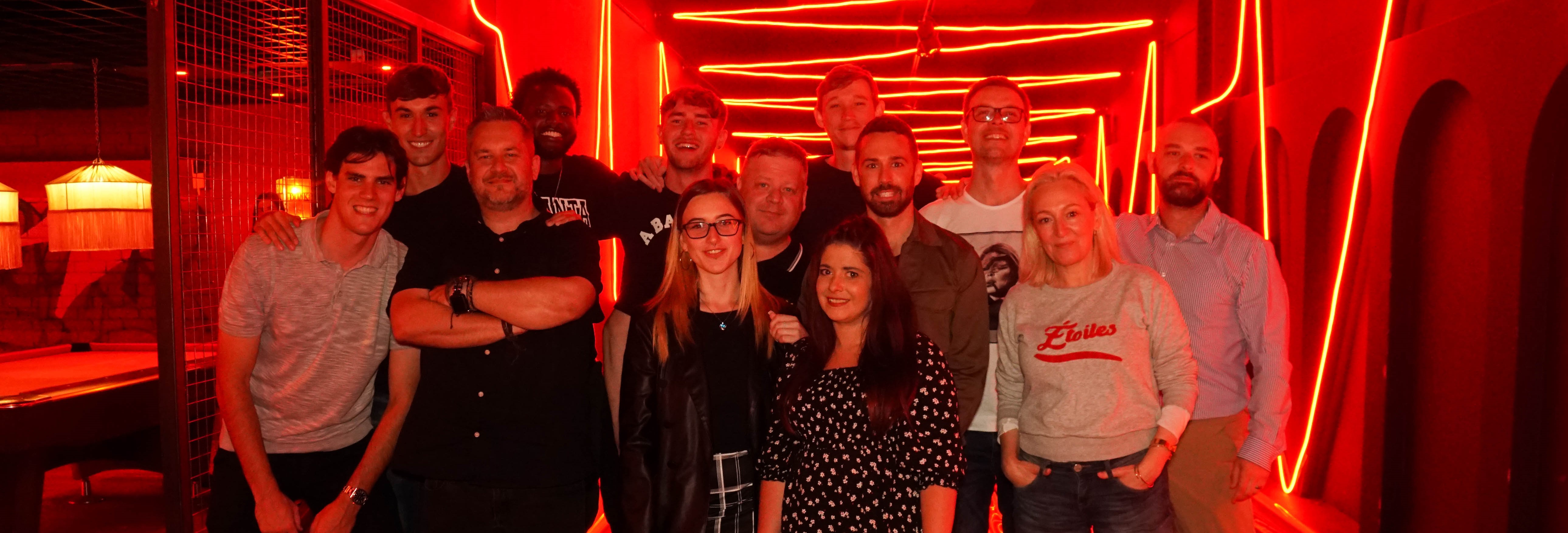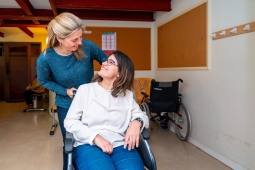Under The Scope: 7 LGBTQ+ Heroes Who Contributed to Medicine and Healthcare
February marks LGBTQ+ History Month, and this year's theme, #UnderTheScope, shines a much-needed spotlight on the incredible contributions of LGBTQ+ individuals to medicine and healthcare. From groundbreaking research to tireless advocacy, their stories illuminate the vital role queer people have played in shaping a healthier future for all.
1. Magnus Hirschfeld (1868-1935)
 `
`
A German physician and pioneering sexologist, Hirschfeld founded the world's first Institute for Sexual Science in Berlin. He challenged prevailing views on homosexuality and tirelessly advocated for LGBTQ+ rights, tragically facing persecution under the Nazi regime.
2. Sophia Jex-Blake (1840-1912)
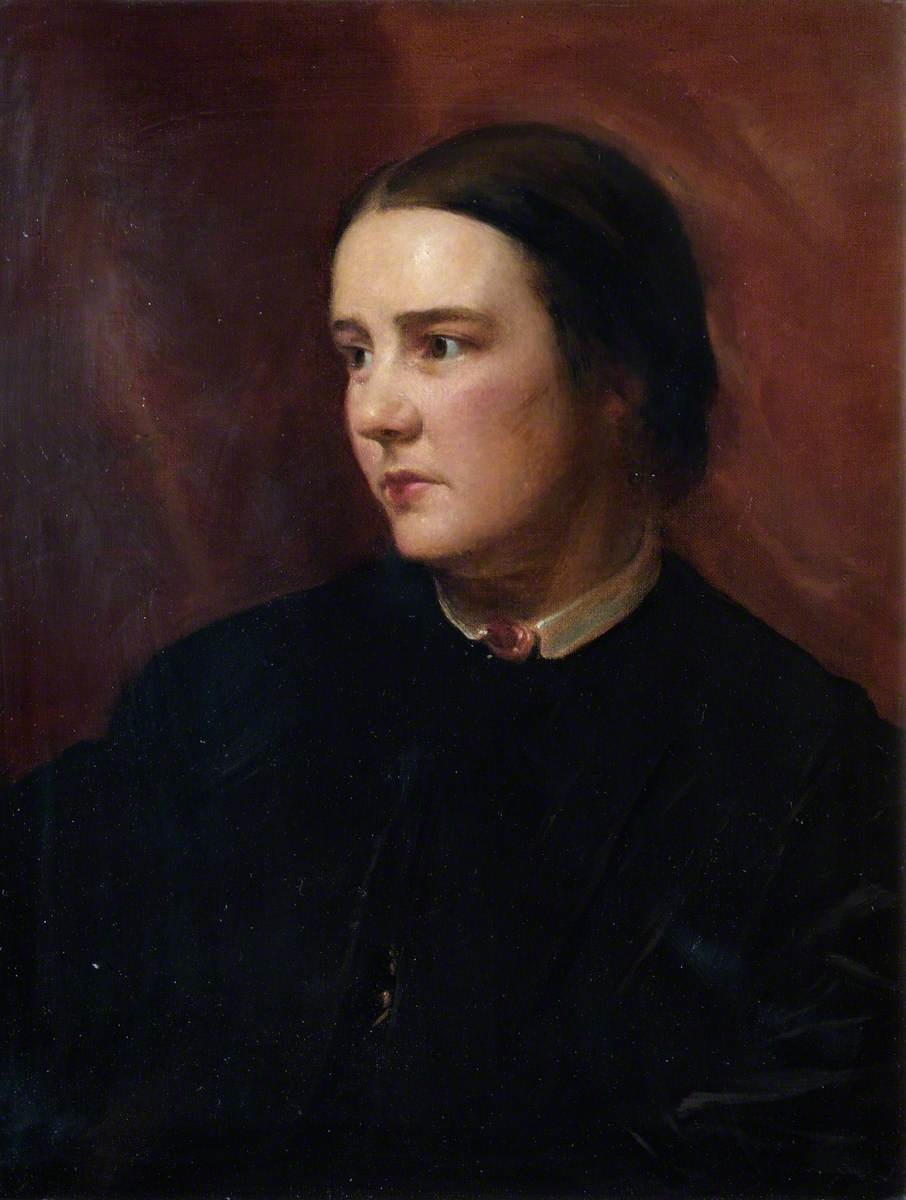
This fearless physician and feminist shattered academic barriers, paving the way for women's access to medical education. In 1869, alongside six other brave women known as the "Edinburgh Seven," she defied societal norms and enrolled in the University of Edinburgh's medical program. Despite facing intense opposition and even physical violence from students and the public, Jex-Blake persevered. Though denied a degree from Edinburgh, she pursued her studies abroad and became one of the first licensed female doctors in the UK. She never married and lived with her long-term partner Dr Margaret Todd till her death.
3. Audre Lorde (1934-1992)
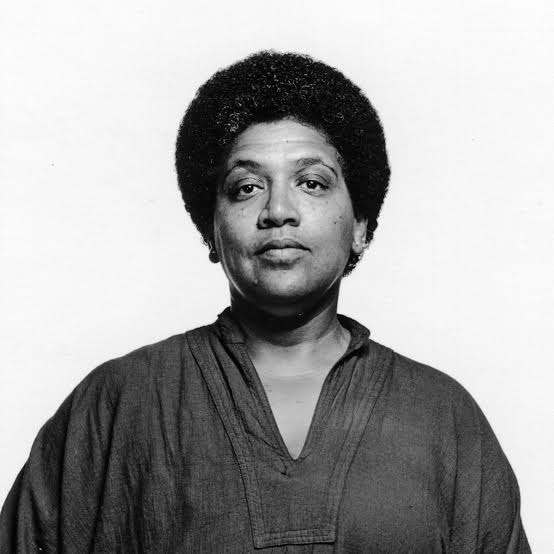
A Black lesbian feminist poet and activist, Lorde used her powerful voice to advocate for healthcare equity for LGBTQ+ people, particularly focusing on the needs of Black women. Her work highlighted the intersection of race, gender, and sexual orientation in healthcare disparities.
4. Cecil Belfield Clarke (1894-1970)

A Barbadian-born physician who practised in London, Cecil Belfield Clarke transcended the boundaries of medicine to become a champion for Pan-Africanism and racial equality. Born in 1894, he overcame societal barriers to qualify as a doctor in the UK, setting up practice near Elephant & Castle where he served the community diligently for nearly 50 years. But Clarke's passion extended beyond patient care. He co-founded the League of Coloured Peoples in 1931, becoming a vocal advocate for the rights of Black communities in Britain and beyond.
Clarke was homosexual. As was usual before decriminalisation in 1967, Clarke was discreet. His lifelong partner was Pat Walker (Edward George Walker, 1902–1999), whom Clarke employed as his secretary. Clarke's unwavering dedication to fighting racial prejudice and promoting Pan-African ideals earned him recognition as a pioneer in both the medical and civil rights fields, leaving a lasting legacy of activism and empowerment.
5. Margaret "Meg" Stacey (1922-2004)

A trailblazer in British sociology, shattered academic barriers and advocated for marginalised communities throughout her illustrious career. As a leading figure in establishing sociology as an academic discipline, Stacey dedicated her research to understanding health, illness, and inequality. Known for her groundbreaking studies on mental health, family life, and the medical profession, she championed critical perspectives and in-depth fieldwork, paving the way for future generations of sociologists. Moreover, Stacey actively used her knowledge to inform policy and improve the lives of marginalised groups, serving as a lay member of various healthcare and medical ethics committees. She lived with her partner Jennifer Lorch for many years. Recognised for her insightful scholarship and unwavering commitment to social justice, Professor Stacey's legacy inspires sociologists and advocates fighting for a more equitable society.
6. Sir Ewan Forbes (1912-1991)
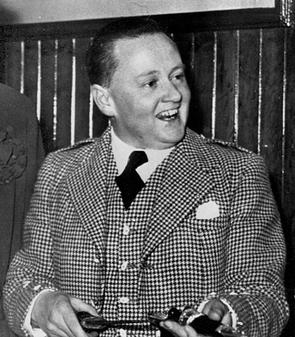
Sir Ewan Forbes carved out a complex and fascinating life defying societal expectations. Though assigned female at birth, he identified and lived as a man from a young age, navigating a world largely unaccepting of transgender identities. Despite social pressures, he embarked on a successful medical career, earning his degree in 1944 and serving as a general practitioner and farmer. However, his most notable act of defiance came in 1965 when he inherited his baronetcy. Facing legal challenges due to his gender identity, Ewan launched a landmark case that ultimately affirmed his right to the title. This groundbreaking court battle, dubbed "The Hidden Case," paved the way for greater recognition and legal protections for transgender individuals in the UK. Though a private man later in life, Ewan's legacy shines brightly as a pioneer who not only fought for his own personal identity but also contributed to wider societal progress towards inclusivity and understanding.
7. Cherry Valentine/George Ward (1993-2022)

Captivating drag queen and dedicated mental health nurse, Cherry Valentine blazed a trail of self-expression and community advocacy. Born in 1993, they rose to prominence after captivating audiences on RuPaul's Drag Race UK in 2020. Cherry Valentine's vibrant performances ignited conversations about identity, representation, and the power of drag. Beyond the stage, they leveraged their platform to champion mental health awareness, drawing on their own experience as a nurse to educate and destigmatise mental health struggles. With vulnerability and compassion, Cherry Valentine created documentaries and facilitated workshops, reaching countless individuals and contributing to a more inclusive and understanding society. They tragically died of suicide in 2022. Their legacy resonates in the hearts of the LGBTQ+ community and beyond, reminding us to celebrate self-expression and fight for a world where everyone feels empowered to be themselves.
There's still more left to do
These are just a few of the countless LGBTQ+ individuals who have made invaluable contributions to medicine and healthcare. Shining a light on their stories during #UnderTheScope is not just about celebrating the past; it's about highlighting the ongoing struggles faced by queer communities in accessing equitable healthcare.
Despite the tireless efforts of LGBTQ+ pioneers, stark disparities in healthcare remain:
- 50% of LGBTQ+ people have experienced depression, compared to 1 in 6 in the general population.
- 60% have suffered from anxiety, compared to 31% of the general population.
- 1 in 7 LGBTQ+ individuals avoid seeking healthcare due to fear of discrimination.
- 46% of trans people have reported thoughts of suicide in the past year, highlighting the specific challenges faced by this community.
- Nearly half of trans individuals have encountered discriminatory or negative remarks from healthcare staff.
These sobering statistics underscore the urgent need for:
- Improved access to culturally competent and inclusive healthcare services.
- Comprehensive healthcare reforms to address mental health needs and tackle discrimination.
- Greater awareness and sensitivity among healthcare providers towards the specific needs of LGBTQ+ individuals.
- By honouring the legacy of the pioneers who fought for healthcare equality and addressing these disparities head-on, we can create a healthcare system that truly serves everyone, regardless of sexual orientation or gender identity.
Current research reveals persistent disparities in health outcomes for LGBTQ+ people. Higher rates of mental health issues, discrimination in healthcare settings, and inadequate access to gender-affirming care are just some of the challenges faced. Bringing attention to these issues is crucial for creating a more inclusive and equitable healthcare system.
As we celebrate LGBTQ+ History Month, let us remember the pioneers who paved the way, amplify the voices calling for change, and strive to create a healthcare system that embraces and nurtures the health and well-being of all, regardless of sexual orientation or gender identity. #UnderTheScope is not just a hashtag; it's a call to action, urging us to ensure that everyone has access to the healthcare they deserve.
_________________
Check out the links below to make a real difference this History Month:
The Proud Trust – supports LGBTQIA+ young people through youth groups, peer support, mentoring schemes and a webchat.
LGBT Foundation – advice, support and information for people identifying as LGBT+.
Mermaids UK supports transgender, nonbinary and gender-diverse young people up to 18. Runs local groups, online courses and has a webchat.
Stonewall – information and advice for LGBT+ people on a range of issues.
Switchboard - National LGBTQ+ Support Line - listening services, information and support for LGBT+ people.
